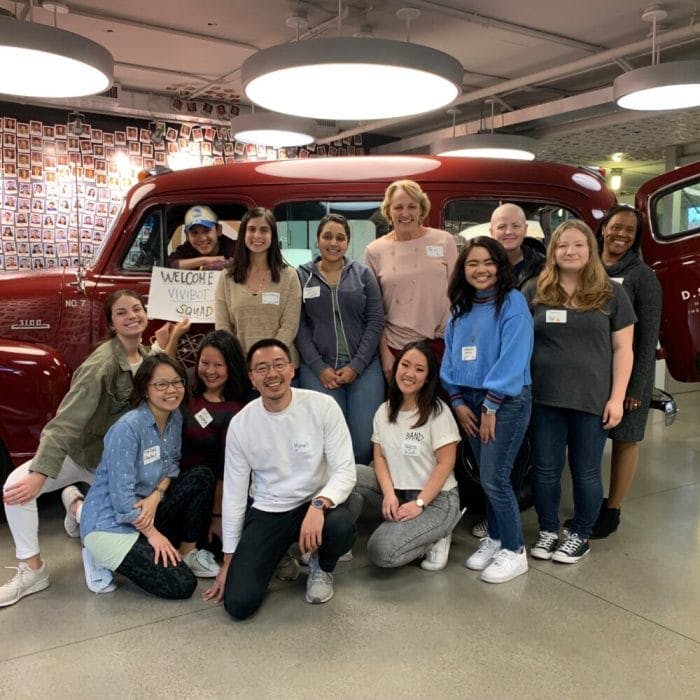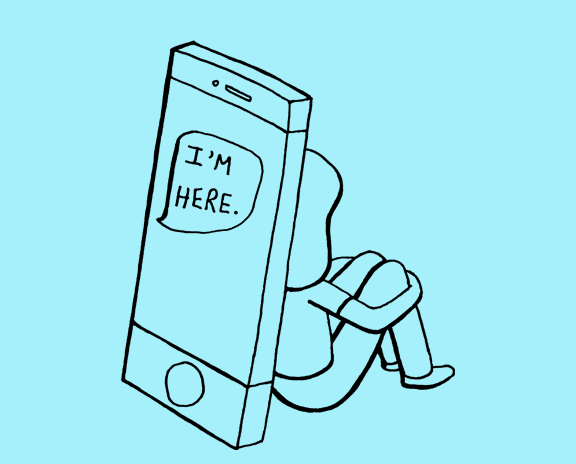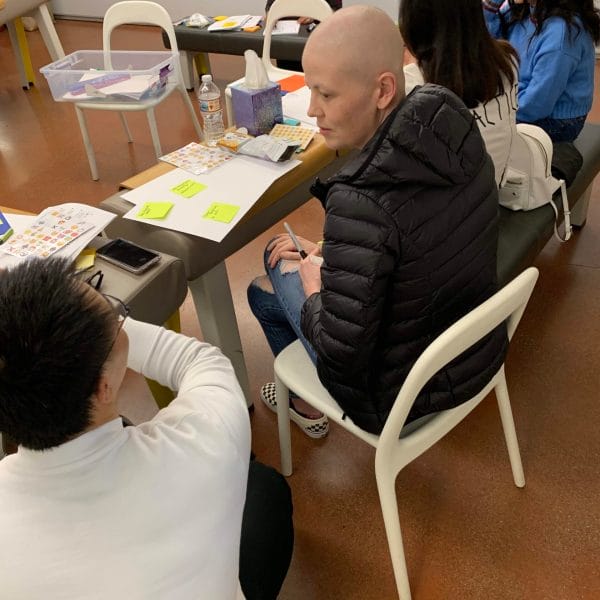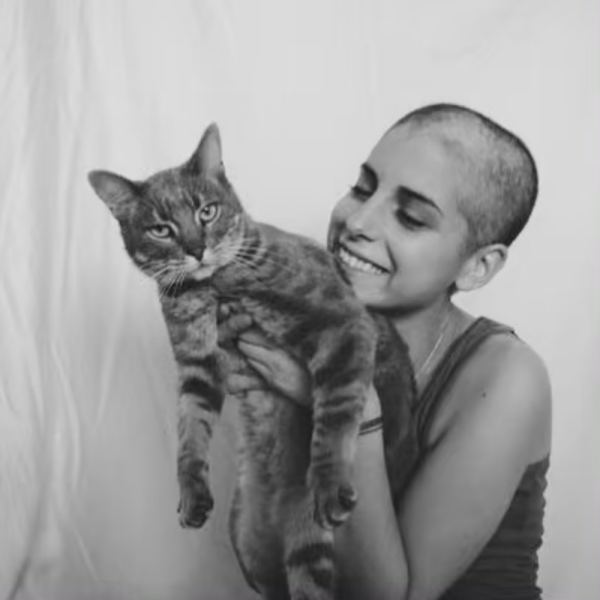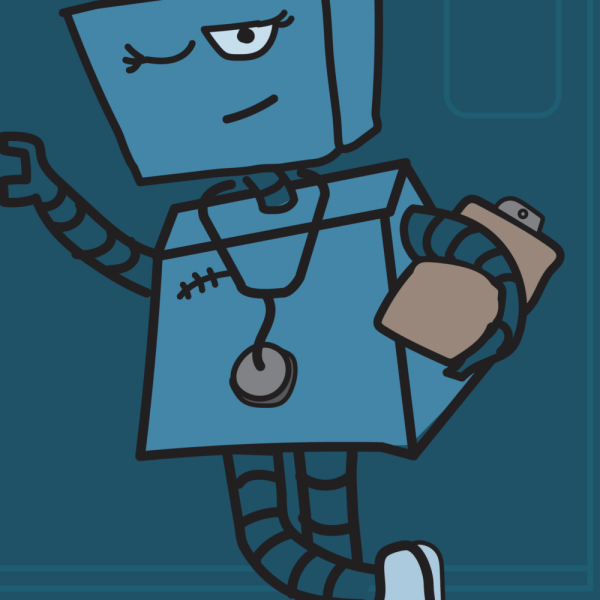Middle school felt like the prime time of my life. I was popular, got straight A’s, and played tons of sports. I even made it into the eighth-grade jazz band that everyone auditioned for; because of the Disneyland trip planned as the last competition of the year, which I fundraised enough to pay for entirely. Halfway through my last semester in eighth I developed serious pain in my right knee. My pediatrician and I figured it was a pulled muscle or stretched tendon since I was such an avid runner, but after weeks of Motrin, bananas, and hydration it wasn’t getting better, so I was referred to an orthopedist. The next few weeks were a blur. I was rushed to get an X-ray then referred to Stanford specialists who ordered a CT scan, an MRI, then a biopsy. Before I knew it I was stuck in a hospital bed with IVs in both arms, both hands, and more than forty pounds of weight shed from my body. I barely remember the details in between except for the moment I got a [cancer] diagnosis. I was fourteen, so my only concern was, “Does that mean I can’t go to Disneyland?” I thought that this was the all-time low of my life… little did I know what having cancer meant for me.
My first month of chemotherapy was the worst. All the IVs in my tiny veins were making my limbs cold and painfully numb. My body didn’t take the drugs well so I had no appetite paired with extreme nausea, and sores were forming and bursting in my mouth against my braces. I ate little to nothing for six weeks, and what I did eat I threw up. I always had a bit of what my family referred to as “baby fat,” so seeing my ribs through my skin was a shock when I was finally able to look in a mirror.
Things started getting better once I got a portacath placed. The wound from the placement was painful at first, but getting fluids and drugs through it was a relief for my arms. I got my braces removed and my body began adjusting to the chemotherapy. The sores and nausea became more tolerable as I started gaining my appetite back.
Just as I thought things would only get better from here, I had an appointment with my orthopedic surgeon to discuss what type of surgery I was going to get. It was a stressful decision to make and horribly painful to heal from. The operation we decided on would look most normal, but I would no longer be able to run or play sports. The healing process post-op was bittersweet knowing that having it fully heal just meant I would have to go back to chemotherapy. More chemotherapy followed which my body had to readjust to again. It wasn’t as bad as the first rounds but it was no walk in the park either. The four-month homestretch of my treatment was a rollercoaster of getting admitted for chemo, feeling nauseous, getting better, going home, and repeat. Luckily it did come to an end.
I didn’t realize entering survivorship would be just as difficult in a different way. Returning to school was a challenge both academically and socially. I had to catch up on all the material I had missed and I was returning in the middle of the first year of high school, where I became the new girl known for having cancer. Eventually, I got back on track, started pulling up my grades, and got accepted into UC Davis for undergrad. Things have only gone up from there. I’ve run into a few hiccups here and there, like trying to figure out how to transition from pediatrics to adult care or from Stanford to primary care, but overall I’ve learned to lead a normal life. Cancer is something in my past that still contributes to my future. I am now pursuing a career in medicine, and the people that have helped me along the way–my oncologist Dr. Neyssa Marina, my orthopedic surgeon Dr. Lawrence Rinsky, nurse practitioner Pam Simon, my night nurses Bob and Joy, and hospital school teacher Calvin–inspire me everyday to continue pursuing this path to pay it forward so patients can keep getting the care they need to get through these difficult times.
More about the Author:
Leanna has recently graduated from UC Davis and is now in the process of applying to Medical School. Originally from the Bay Area, she is excited to join the medical field and create impact in a meaningful way. In her free time, she works with the Make a Wish Foundation, helping patients and survivors cope with the difficulties of life during and after cancer.

